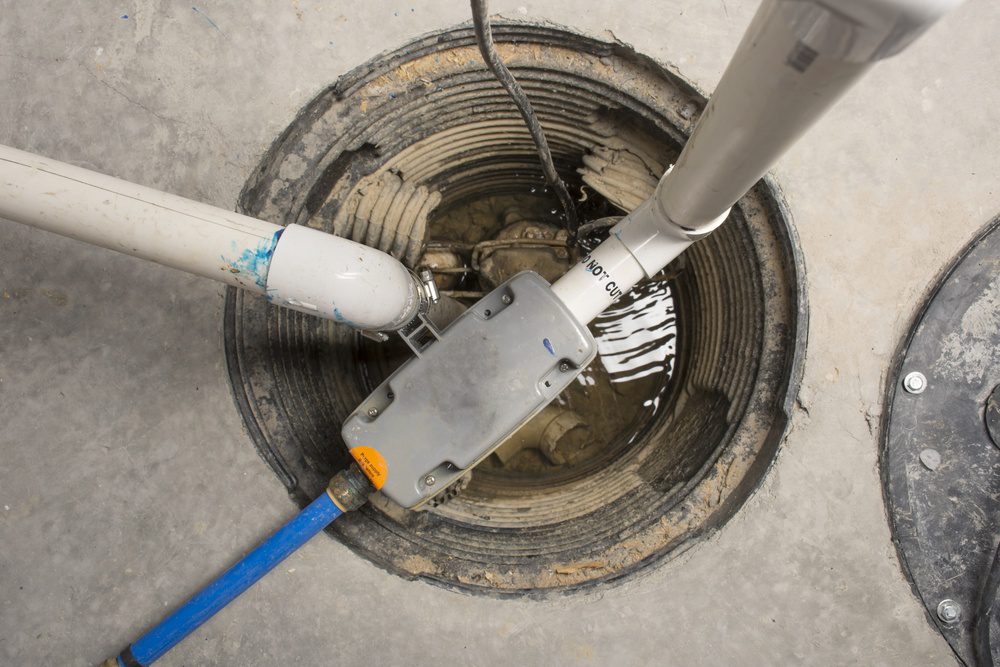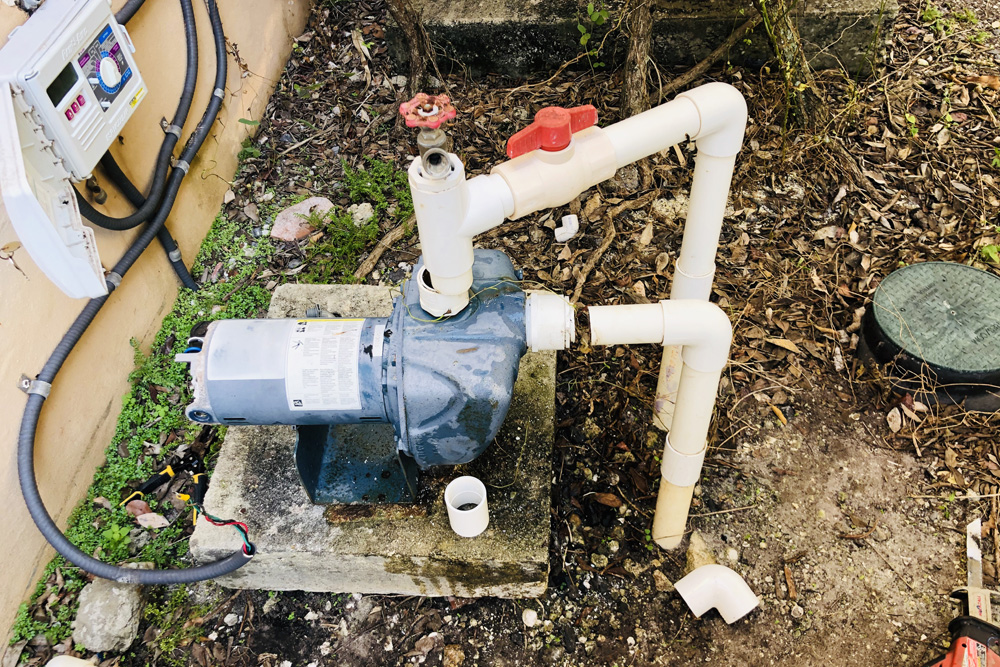Premium Water Softeners: Transforming Tough Water into Soft, Extravagant Convenience
Premium Water Softeners: Transforming Tough Water into Soft, Extravagant Convenience
Blog Article
Recognizing the Trick Elements of Effective Water Filtering Systems

Relevance of Water Filtering Solution
Water filtration systems play an important duty in guaranteeing access to clean and risk-free alcohol consumption water by efficiently removing pollutants and contaminants. These systems are crucial in dealing with the growing concerns over water quality and the possible health threats related to consuming polluted water. By using various purification mechanisms such as reverse osmosis, triggered carbon, and UV sanitation, water filtering systems can effectively remove dangerous materials like germs, viruses, heavy steels, and chemicals from the water.
Moreover, water filtering systems help to enhance the preference and smell of water by getting rid of chlorine, sediments, and various other pollutants that can impact its quality. Water Filtration Systems. This improvement in water top quality not just makes it a lot more palatable but also urges people to drink an adequate quantity of water daily, advertising much better hydration and general health
Kinds of Filtering Elements

Physical filters are designed to physically strain out contaminations from the water. These filters can be made of products like ceramic, carbon, or also sand, and they work by trapping bits larger than the filter's pores as water goes through.
Chemical filters use different chemical processes to eliminate contaminants from the water. Instances include turned on carbon filters, which adsorb pollutants, and reverse osmosis membrane layers, which use pressure to different pollutants from the water.
Organic filters use living microorganisms like algae or microorganisms to damage down raw material and pollutants in the water. These filters are often utilized in wastewater treatment plants or natural water purification systems.
Understanding the various sorts of filtering parts is vital for selecting the most suitable water filtration system for specific filtration needs.
Function of Sediment Filters
Debris filters play an important duty in water filtering systems by successfully recording strong fragments put on hold in the water. These filters are typically the initial line of defense in a filtering system, eliminating bigger bits such as sand, silt, dust, and corrosion before the water relocates via finer filtering stages. By capturing these debris, the filters prevent them from getting to downstream parts, hence extending the life expectancy and efficiency of the whole system.
Overlooking this upkeep can lead to clogging, decreased water circulation, and compromised purification effectiveness. In general, sediment filters are indispensable elements that add dramatically to the effectiveness of water filtering systems.
Function of Triggered Carbon Filters
Playing a crucial role in water filtration systems, activated carbon filters are critical in removing impurities and contaminants from the water system. These filters are developed to adsorb and trap a large range of contaminants, including chlorine, volatile organic compounds (VOCs), pesticides, and herbicides. The activated carbon material has a large surface area, enabling the efficient trapping of impurities via a procedure called adsorption. As water passes through the filter, the turned on carbon holds and attracts onto the pollutants, making certain that the water that appears on the other pop over here side is cleaner and much safer for usage.
Activated carbon filters are extremely reliable at improving the preference and smell of water by lowering chemicals that can affect its top quality. They are also with the ability of getting rid of certain hefty metals like lead and mercury. In addition, these filters can aid stop the accumulation of bacteria and algae in water, additional enhancing its general top you could try here quality. Because of their flexibility and dependability, triggered carbon filters are a vital part in guaranteeing that water is purified to the highest standards prior to getting to consumers.
Understanding Reverse Osmosis Solutions
Reverse osmosis systems are advanced water filtering systems that employ an advanced process to remove pollutants and pollutants from alcohol consumption water. These systems function by using pressure to the water, forcing it with a semi-permeable membrane layer. This membrane layer serves as an obstacle, allowing just pure water molecules to go through, while blocking larger molecules such as minerals, chemicals, and other impurities. As a result, the water that comes out on the other side is significantly cleaner and safer for intake.
In addition, reverse osmosis systems are fairly low-maintenance and can be set up under the sink or in a central purification system, providing convenient accessibility to clean water throughout the home. Overall, recognizing just how reverse osmosis systems work can assist individuals make informed choices about their water purification needs.
Conclusion
In conclusion, reliable water filtering systems are essential for making sure tidy and secure drinking water. By recognizing the function and function of each component, individuals can make educated decisions when selecting a water purification system.
Water purification systems play an essential role in guaranteeing access to tidy and risk-free drinking water by properly removing impurities and pollutants. By utilizing various purification systems such as reverse osmosis, triggered carbon, and UV sterilization, water purification systems can successfully get rid of damaging substances like germs, viruses, heavy steels, and chemicals from the water supply.
Sediment filters play a crucial function in water filtering systems by properly catching strong fragments suspended in the water (Pump repairs & installation).Playing a vital duty in water purification systems, triggered carbon filters are critical in eliminating contaminations and pollutants from the water supply.Reverse osmosis systems are sophisticated water filtering systems that use a sophisticated process why not check here to remove pollutants and impurities from drinking water
Report this page